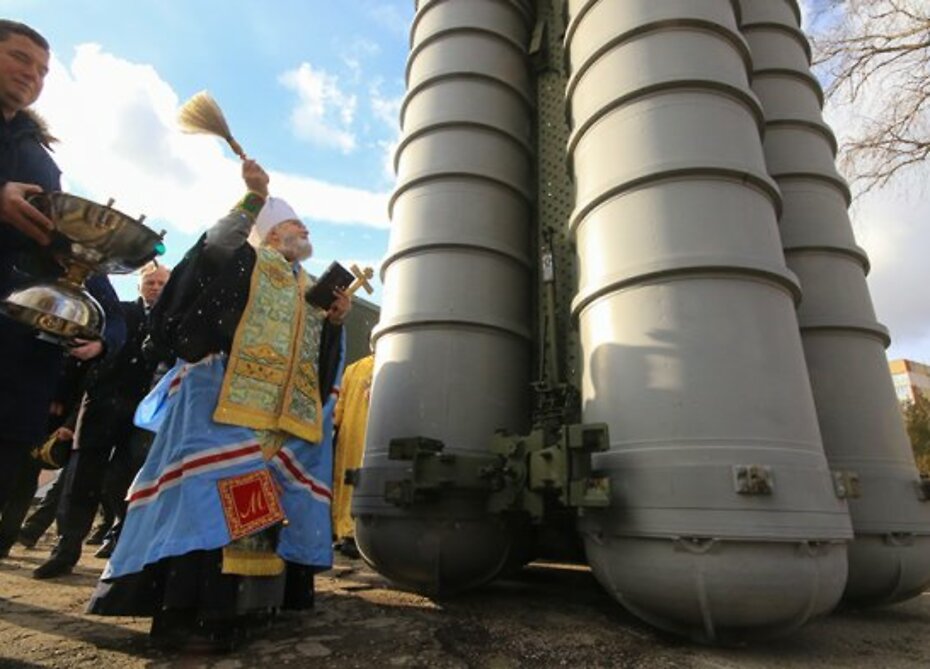Russia "appears to be re-intensifying a reflexive control campaign targeting Western decision-making using nuclear threats and diplomatic manipulation," the US-based think tank Institute for the Study of War says.
Reflexive control is a crucial component of Russia’s hybrid warfare strategy, employing targeted rhetoric and information operations to manipulate an adversary into voluntarily taking actions beneficial to Russia. Soviet mathematician Vladimir Lefebvre described it as the process of conveying decision-making triggers to an adversary through provocations, intrigues, disguises, the creation of false objects, and various forms of deception.
Russia has frequently employed nuclear saber-rattling during its full-scale invasion of Ukraine as a form of reflexive control, aiming to deter the West—its self-defined adversary—from providing military support to Ukraine.
The Russian Ministry of Foreign Affairs (MFA) has accused the US of deploying ground-based intermediate and short-range missiles globally, claiming this justifies Russia's reciprocal actions. Additionally, the Russian MFA views the potential arrival of F-16s to Ukraine as a provocation, alleging these could be carriers of nuclear weapons—a consistent claim since Western commitments to send F-16s in summer 2023.
Russian aggressive rhetoric intensifies as Ukraine nears F-16 delivery
Dmitry Medvedev, Deputy Chairperson of the Russian Security Council, has accused US, French, and British officials of contemplating troop deployments to Ukraine, justifying Russia's tactical nuclear tests. Medvedev further threatened a "world catastrophe" and potential Russian strikes against Washington, Paris, and London due to Western involvement in Ukraine.
"Russian officials, particularly Medvedev, are critical elements of Russia’s efforts to use nuclear rhetoric as a form of reflexive control, as ISW has frequently reported. Russian officials consistently time nuclear readiness exercises and vague threats of nuclear retaliation with important Western policy decisions regarding the war in Ukraine to force Western decision-makers to self-deter and temper their support for Ukraine," ISW notes.
ISW says that "as part of the wider ongoing reflexive control campaign aimed at discouraging Western governments from supporting Ukraine" the Russian MFA also summoned the British and French ambassadors, claiming that it was in connection with recent statements by British Foreign Minister David Cameron asserting that Ukraine has the right to strike military targets inside of Russia and due to French leadership’s “belligerent statements and the growing involvement of France in the conflict in Ukraine,” in response to French President Emmanuel Macron’s recent calls for expanded Western security assistance to Ukraine.
"Russia likely summoned these ambassadors to discourage France and the UK, and by extension the rest of the West, from providing further support for Ukraine," ISW noted.
Read also:
- Russian aggressive rhetoric intensifies as Ukraine nears F-16 delivery
- Poland requests NATO nuclear weapon placement amid Russia's nuclear threats

